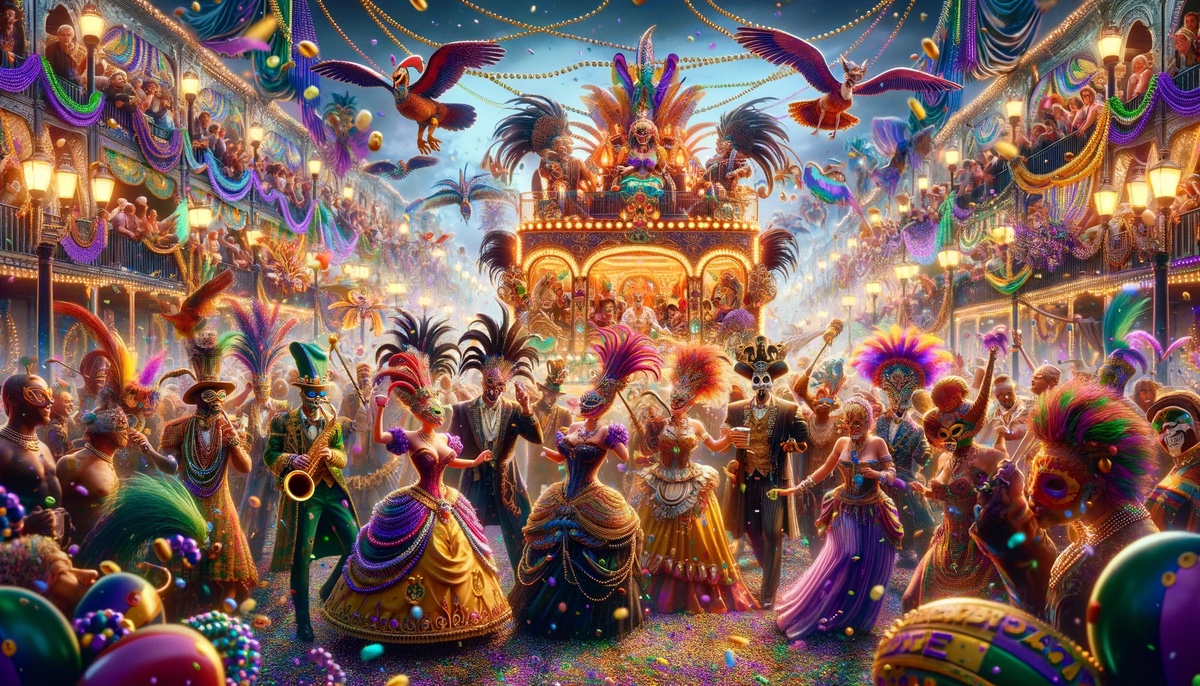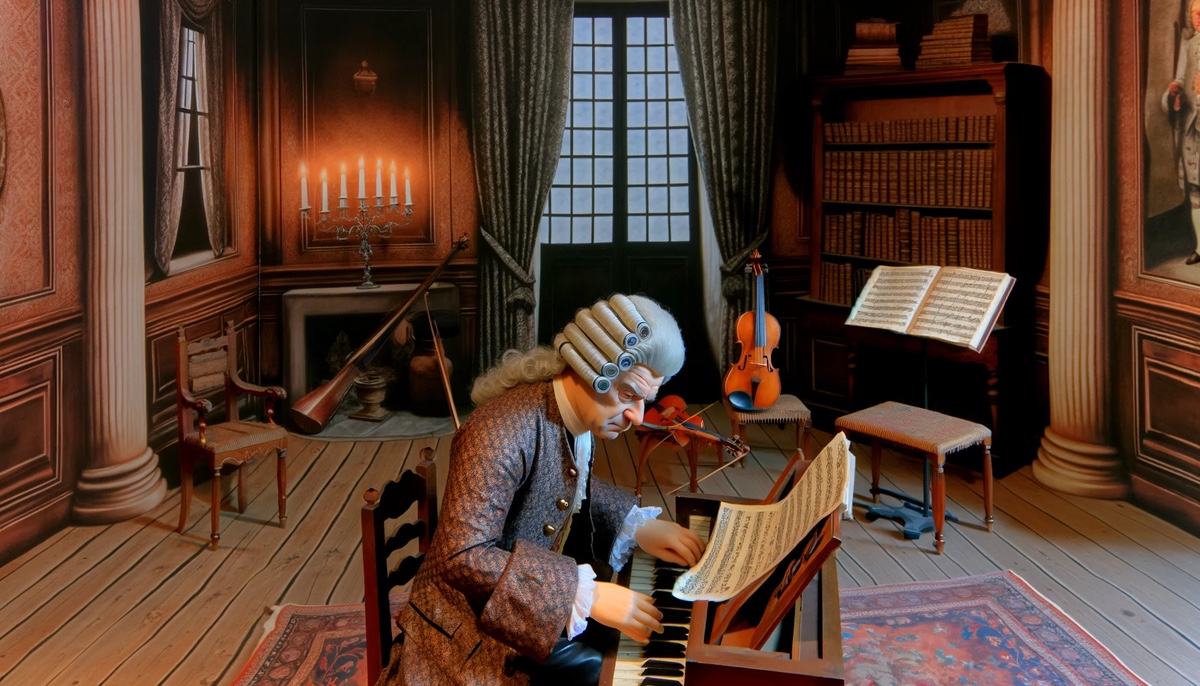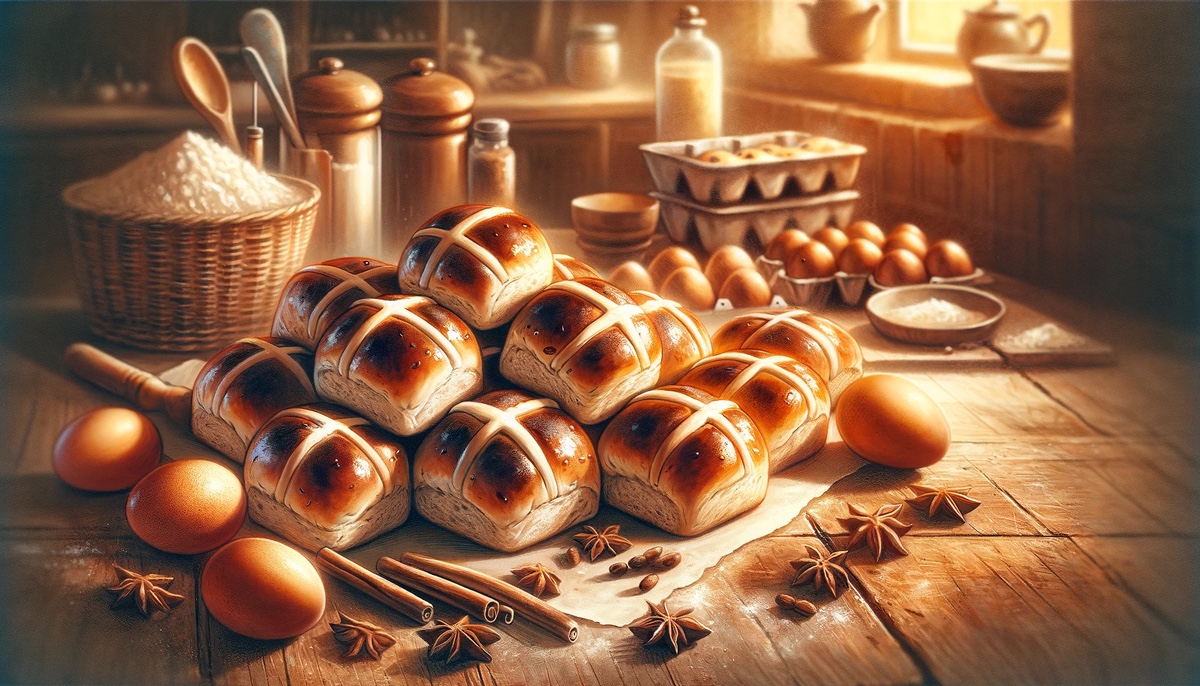Mardi Gras, a time of vivid colors, lively music, and jubilant celebrations, is an iconic festivity deeply rooted in Christian traditions. The event, which traces its origins back to medieval Europe, has evolved into a global phenomenon, celebrated with great enthusiasm in cities like New Orleans, Rio de Janeiro, and Venice.
Origins and Significance
The festivities of Mardi Gras are intertwined with the Christian calendar, beginning after the feast of the Epiphany, also known as Three Kings Day, and reaching their zenith on Shrove Tuesday – the day before Ash Wednesday. The term ‘Mardi Gras’ translates to ‘Fat Tuesday’ in French, epitomizing the practice of indulging in rich, fatty foods on the eve of the Lenten season of fasting and penance.
Global Celebrations
While Mardi Gras is universally recognized for its exuberant parades and colorful masquerades, its celebration varies across cultures. In many countries, it’s a time of community gathering, extravagant balls, and festive street parties.
- New Orleans: Here, Mardi Gras is synonymous with raucous street parades, flamboyant costumes, and the iconic bead-throwing tradition. The city comes alive with jazz music, float processions, and masked balls, encapsulating the essence of Creole culture.
- Rio de Janeiro: Known for its samba parade, Rio’s Carnival is a spectacle of rhythm, dance, and opulent costumes, attracting millions of visitors worldwide.
- Venice: The Venetian Carnival is famous for its elegant masks and grand balls, echoing the city’s rich history and romantic allure.
Traditions and Customs
A key element of Mardi Gras is the King Cake, a circular pastry symbolic of the unity of faiths. This cake often contains a small trinket, and finding it is considered a token of good luck. In the UK and other countries, Mardi Gras is celebrated as Pancake Day or Shrove Tuesday, marked by pancake races and cooking feasts, harking back to the tradition of using up rich foods before Lent.
Cultural Impact
Beyond the festivities, Mardi Gras holds a deeper significance. It’s a time for communities to come together, celebrate cultural diversity, and engage in self-expression through costumes and music. It’s a reflection of the human spirit’s resilience and joy, bridging gaps across cultures and backgrounds.
In essence, Mardi Gras is more than just a carnival; it’s a global mosaic of traditions, a celebration of life, and a final, grand farewell to indulgence before the solemnity of the Lenten period.



